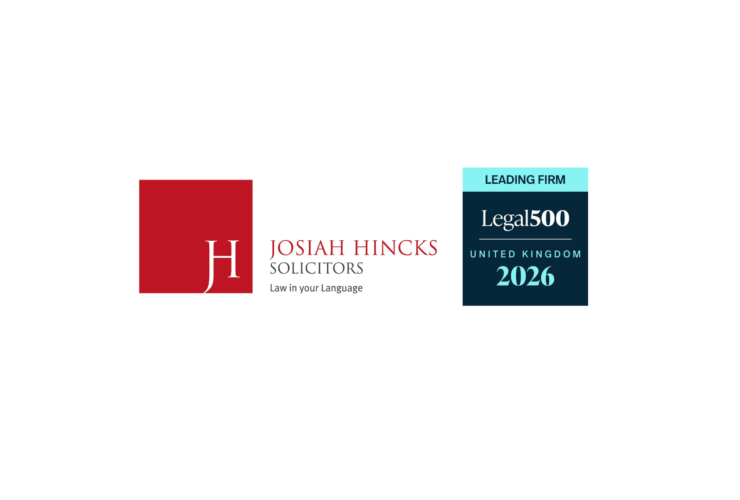Many successful entrepreneurs harbour hopes of their businesses being continued by their children after they are gone – but there is sadly no guarantee that they will get on. In a case on point, the High Court intervened to break a deadlock between three brothers who took diametrically opposed views as to the direction that the business they inherited from their father should take.
During his lifetime, the father built up a thriving company whose business ranged from demolition and land reclamation to haulage and waste recovery. Prior to his death, he established a trust into which all the shares in the company were placed. After his death, his widow served as sole trustee of the trust for some years, but subsequently passed that responsibility to their three sons.
The brothers had since fallen out repeatedly over a wide range of matters, including the administration of the company’s pension scheme and directors’ loan accounts, their remuneration and whether or not the shares should be sold. One of them (the claimant), who had resigned from the company’s employ, ultimately launched proceedings against the other two, who made common cause against him.
Ruling on the dispute, the Court found that the position within the trust – of which the brothers were not the only beneficiaries – had reached a serious impasse. Aspects of the trust’s governance gave cause for concern and the conflict between the brothers was seriously impairing its operation. That situation risked damaging the company’s performance and could not be permitted to continue.
The Court found that the claimant had misconducted himself as a trustee and that his removal from that office was justified in that he was not fit to continue as such. The conduct of his brothers, however, had not been sufficiently improper to justify their removal. In order to foster the effective administration of the trust to the advantage of all its beneficiaries, the Court directed the appointment of an independent professional as a third trustee.



